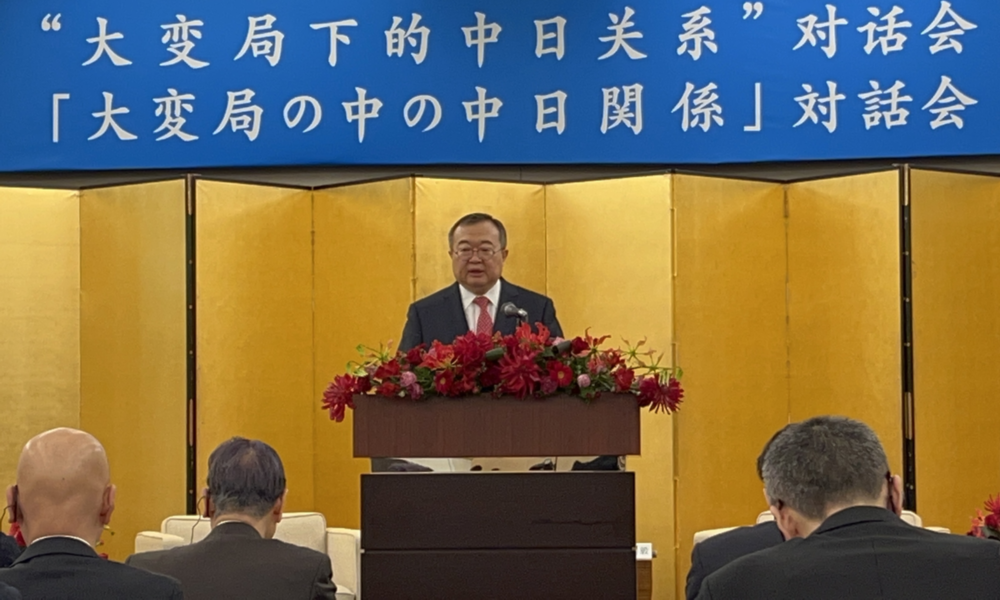
Liu Jianchao, head of the International Department of the Communist Party of China (CPC) Central Committee, gives a speech at an event sponsored by the Japan-China Society in Tokyo on Wednesday. (Photo by Jiang Xueqing/China Daily)
China is firmly committed to achieving peaceful reunification. However, if the forces advocating for "Taiwan independence" do not give peaceful reunification a chance, they will face a strong reaction from the Chinese people, said a senior Communist Party of China official during his current visit to Japan.
At an event sponsored by the Japan-China Society in Tokyo on Wednesday, Liu Jianchao, head of the International Department of the Communist Party of China (CPC) Central Committee, said: "The Japanese government has repeatedly reiterated its adherence to the one-China principle, and we appreciate this. On the Taiwan question, there is a consensus between China and Japan, and there are documents between the two countries that stipulate this. We hope that these provisions and this consensus will be effectively implemented."
He told the audience that the Taiwan question concerns China's sovereignty and territorial integrity and is a very serious matter, highly significant in the minds of the Chinese people. He suggested that Japanese people might not fully understand this sentiment.
In addressing the challenge posed by proponents of "Taiwan independence", neither the government nor the people in the Chinese mainland can afford to be ambiguous or take chances, as these forces are the greatest challenge to China's reunification and its territorial integrity, Liu said.
He emphasized that any violation of China's territorial integrity is an unbearable weight for the Chinese nation. Therefore, the central government in the Chinese mainland must make its policy clear and unequivocal, responsibly demonstrating to the world the mainland's firm stance against "Taiwan independence".
"China is firmly committed to achieving peaceful reunification. This is our ideal goal. However, if the forces advocating for 'Taiwan independence' do not give peaceful reunification a chance and insist on moving toward 'Taiwan independence', they will face a strong reaction from the Chinese people," Liu said.
During the event, Junya Ogawa, a member of Japan's House of Representatives, expressed a desire for China to lift its ban on the imports of aquatic products originating from Japan.
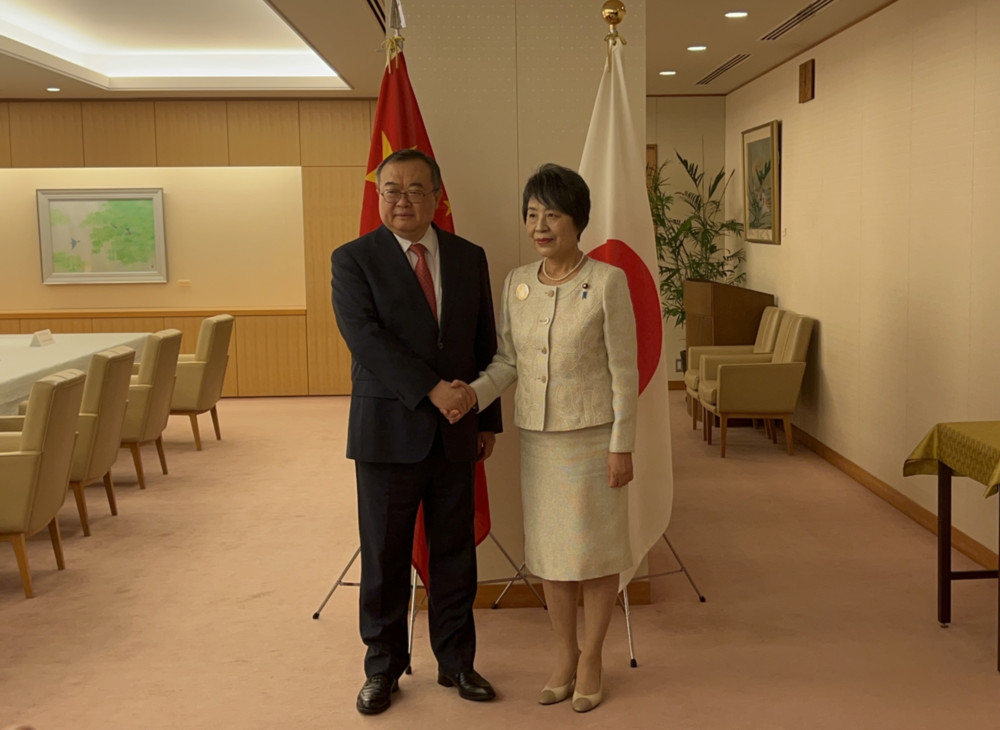
Liu Jianchao, head of the International Department of the Communist Party of China (CPC) Central Committee, meets with Japanese Foreign Minister Yoko Kamikawa in Tokyo on Wednesday. (Photo by Jiang Xueqing/China Daily)
Liu responded that if the Chinese government decides to resume importing Japanese aquatic products, it has the responsibility and obligation to address Chinese consumers' concerns: are these products safe?
"If we cannot scientifically and accurately determine the safety of these aquatic products, it is difficult to address public concerns," he said.
"Currently, diplomatic departments of China and Japan have made some progress in consultations on the issue of discharging nuclear-contaminated water into the sea, but there have also been setbacks. I hope that both sides can promote relevant consultations with a pragmatic and scientific attitude, truly be responsible to consumers and to the people of both countries, make accurate judgments on the safety of aquatic products, and also make accurate judgments on the safety of our waters," he said.
In response to Ogawa's expression of a desire for China to improve and strengthen its dialogue with the United States, Liu said China-U.S. relations have faced many difficulties in recent years, fundamentally due to the U.S.'s erroneous perception of China and the resulting flawed policies.
He noted that last year, Chinese and U.S. presidents in San Francisco reached an important consensus that both sides should work together to achieve stable development in China-U.S. relations and manage their differences through dialogue.
Since the beginning of this year, China and the U.S. have engaged in high-level dialogues in various fields such as politics, diplomacy, economy, military, security, law enforcement, and political parties.
"We believe these dialogues are beneficial. At the same time, we hope that the ultimate goal of these dialogues is to solve problems and promote the forward development of China-U.S. relations," Liu said.
He urged the U.S. to adhere to its expressed sincerity, to match its words with actions, and to continue to promote the stability of China-U.S. relations while moving toward improvement.
"China-U.S.-Japan relations are interconnected and mutually influential. We hope that the Japanese government can make comprehensive and beneficial decisions in handling its relations with China and the U.S., which will be conducive to the trilateral relationship and regional peace and stability," he said.
Liu met with Japanese Prime Minister Fumio Kishida on Wednesday. Additionally, he had discussions with Japan's Foreign Minister Yoko Kamikawa and leaders from both the ruling and opposition parties.








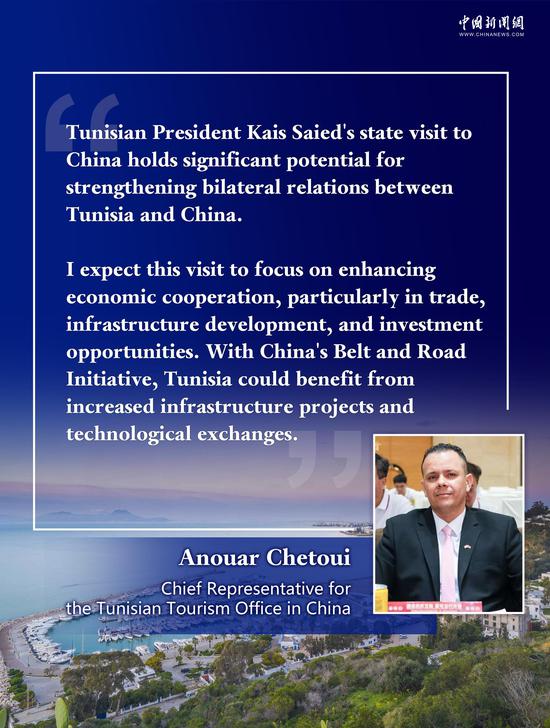
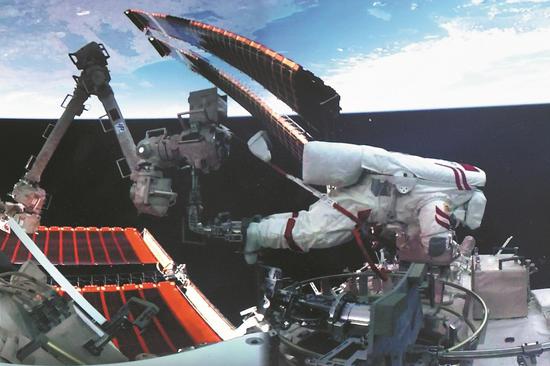

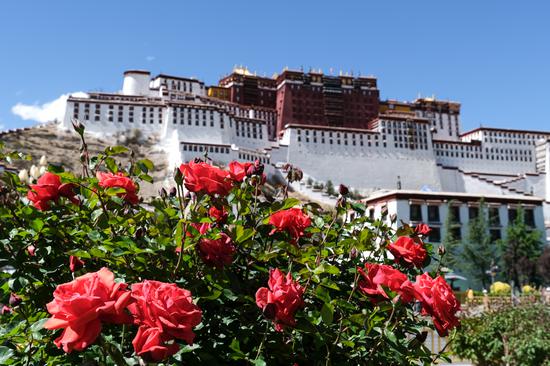
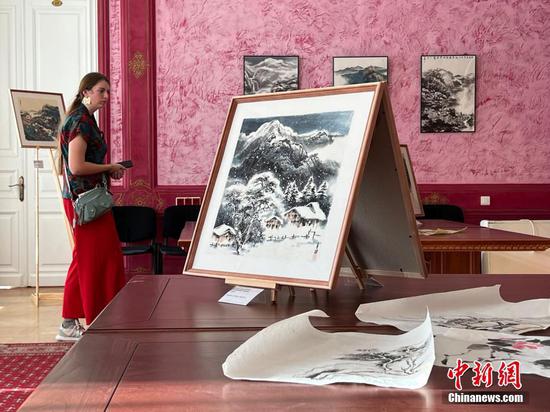

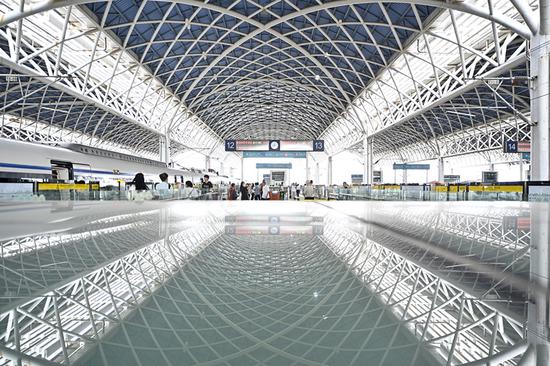



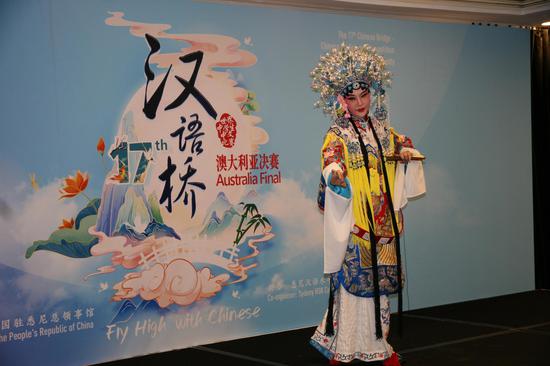
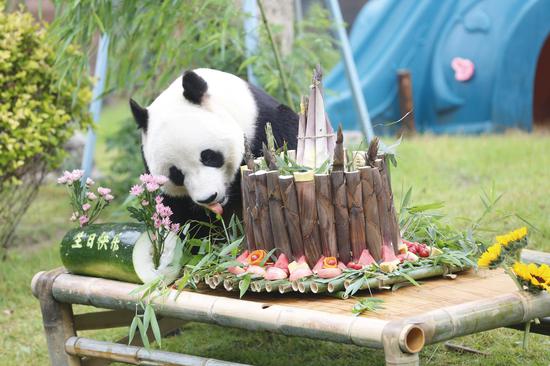



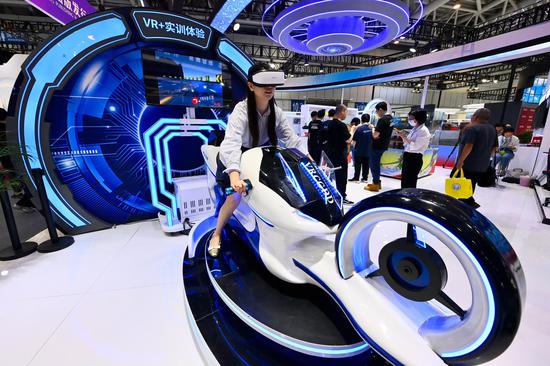
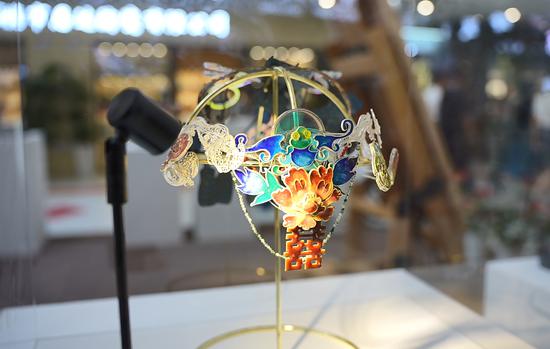
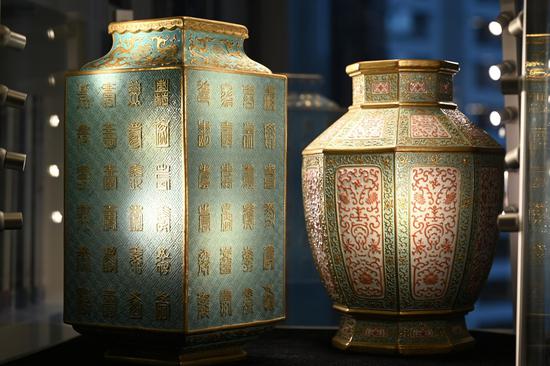
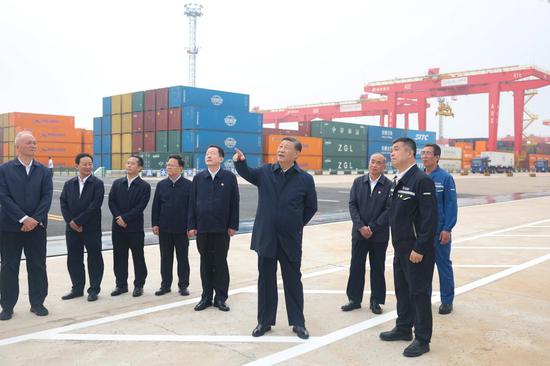

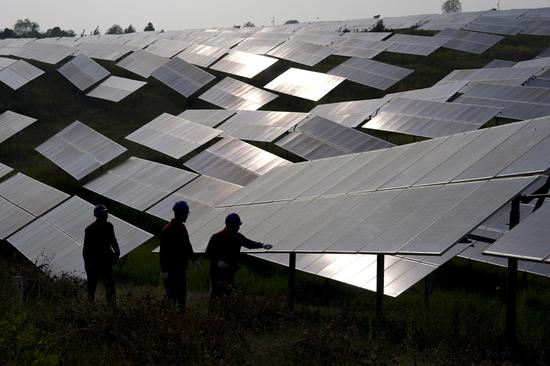
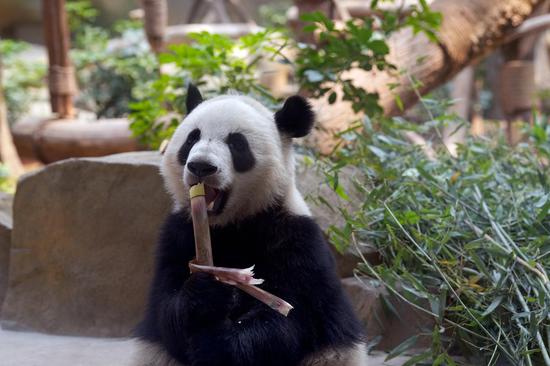
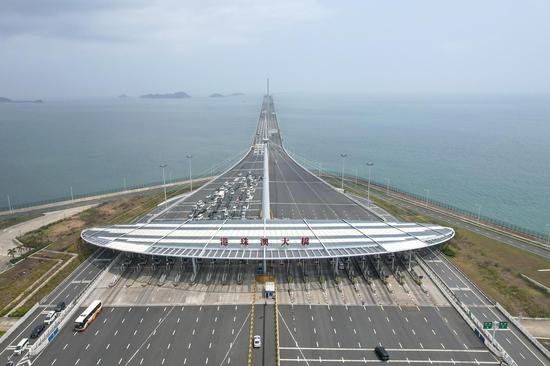

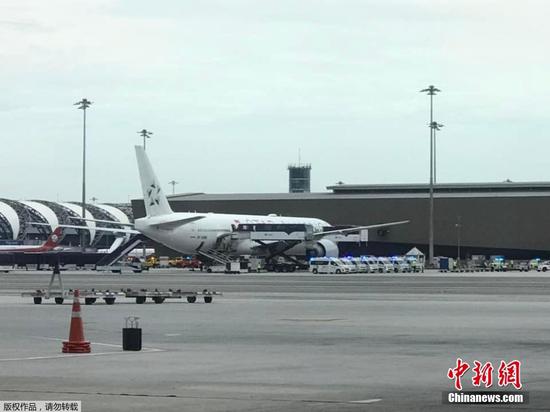

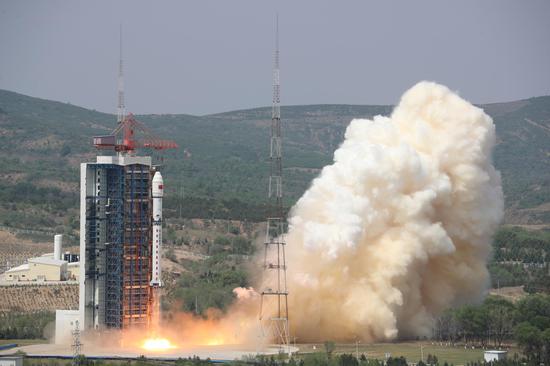
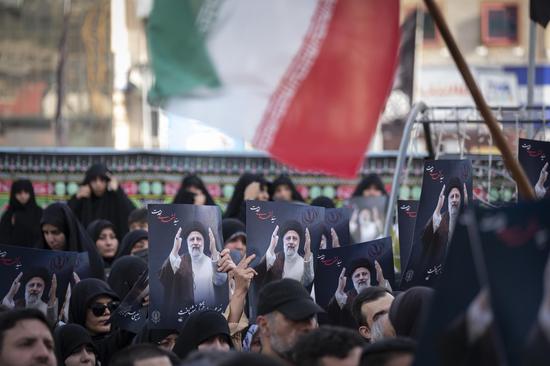
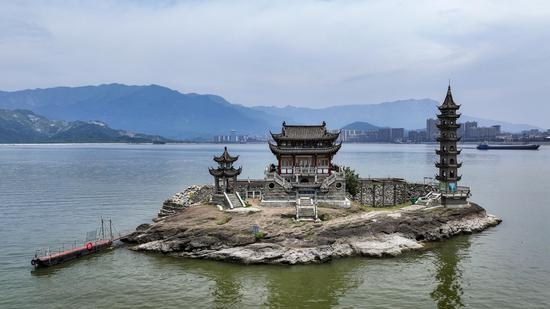
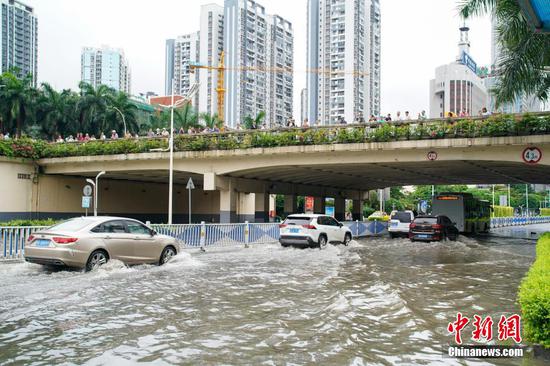
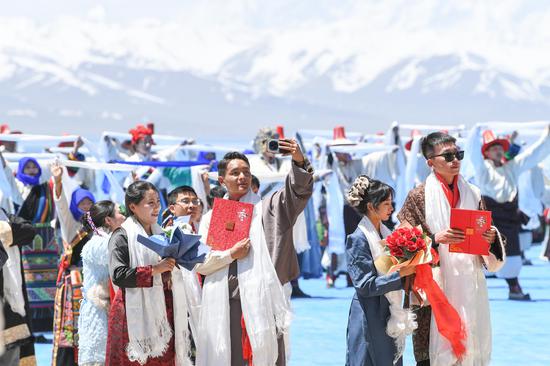

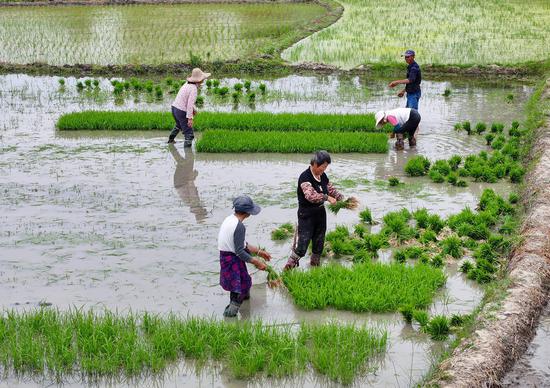
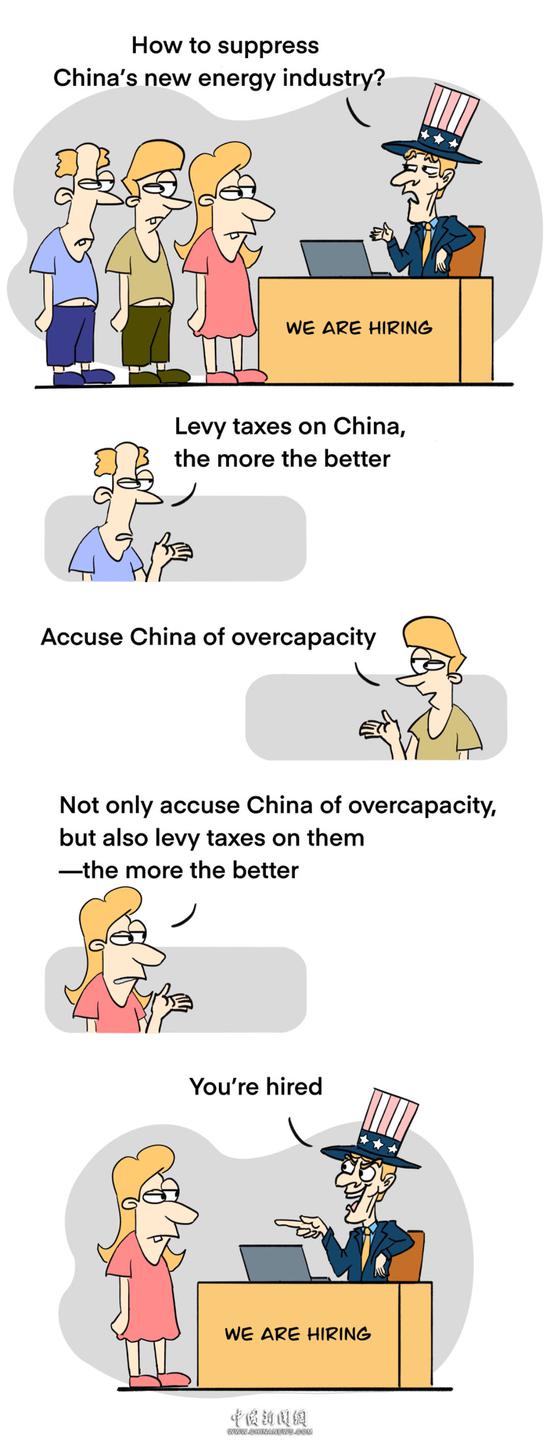
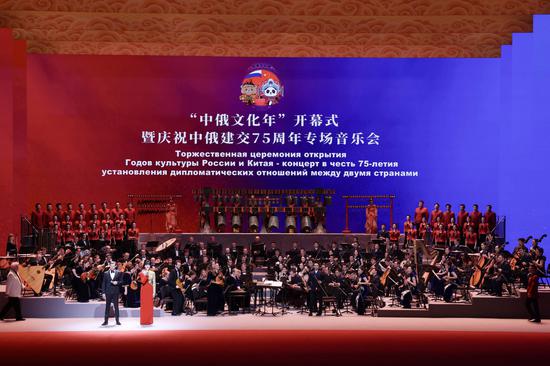
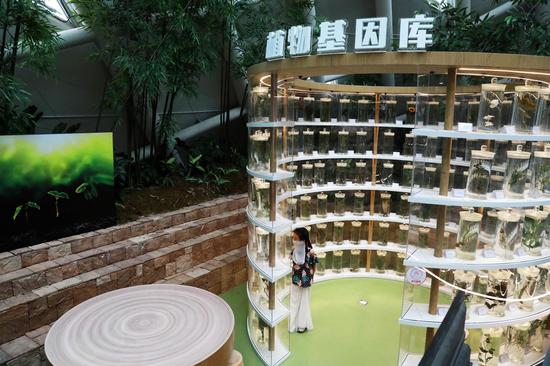
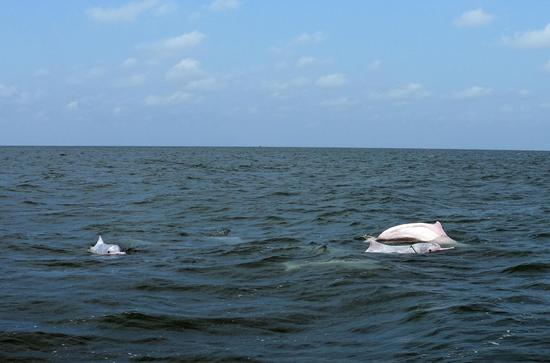





 京公网安备 11010202009201号
京公网安备 11010202009201号